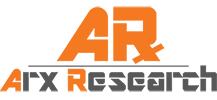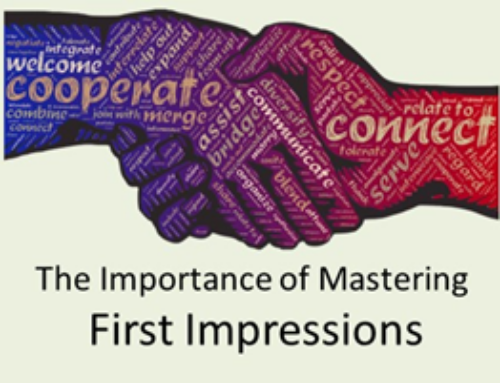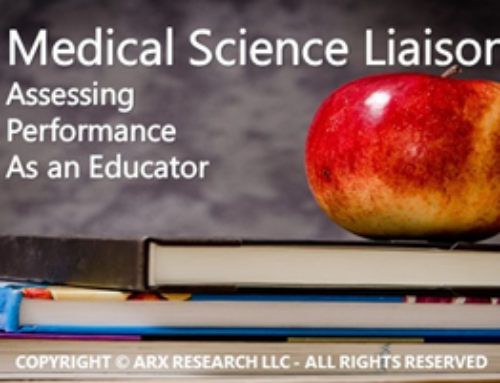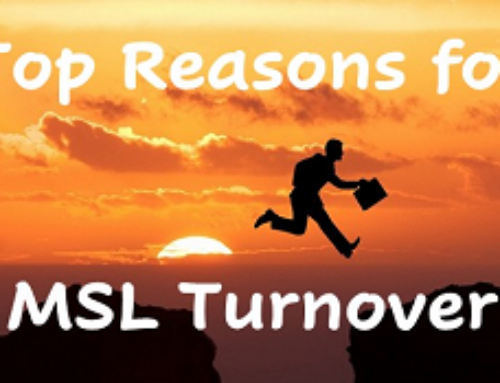Let’s talk real world science! Leveraging real-world data and scientific evidence when making strategic decisions has never been more important—in the pharmaceutical world, at least. Though done here most convincingly, Arx Research isn’t the only research firm to notice and empirically confirm that physicians and thought leaders by and large want their discussions with pharma company personnel to be based upon real world science research and evidence of drug-efficacy. Bain research “shows that 88% of US physicians consider real-world evidence a top criterion in prescribing drugs,” above even clinical data (1). The possible implication of clinical data bearing evidence in a mythical universe notwithstanding, it’s clear that the ever-more strategic role of MSL can no longer be thought of as science-over-sales, or science-instead-of-sales, but science-AS-sales.
Yet, this is not a problem of MSLs and/or Medical Affairs not knowing or not focusing on the science. Our research shows that MSLs are trained extensively in the concerned therapeutic area (on average MSLs receive 77 hours when joining a team and 29 hours of continuous education during a brand’s lifecycle). Instead, the problem may be a lack of imagination in optimizing the MSL position. That possibility is reflected in the fact that, on average, MSLs only get 11 hours of primary training in communication and 9 in continuous education. Understanding how to communicate is not solely an issue of being able to convey information, but to listen and understand the information one hears, and how it fits into the knowledge and information you already possess.
Confirming the emphasis on information outreach over communication, our research also shows that MSLs receive one more hour (12) of education in scientific-data presentation, on average, than practice in communication. This only confirms that the MSL role is not evolving with the greater importance of real-world evidence and patient outcomes, and the digital technologies that make these data collections effective throughout a product’s lifecycle. Rather, many companies and MSLs continue to view the role as one that focuses solely on conveying to doctors and thought leaders a product’s clinical profile in a scientifically-sophisticated, yet short-sighted way.
Medical Affairs and its MSLs represent key players in thought leader management, but this relationship cannot be looked upon as a one-way street, on which the MSL only provides information to the thought leader so they are educated about a product. MSLs must capitalize on the fact that, with these working and ongoing relationships, they have access to real-time market reactions to their product. This is knowledge that can inform R&D of unmet needs, LCM teams of a new drug’s position and success, and help Marketing tailor messages to certain populations and outcomes. MSLs need to start thinking about their time with KOLs as talking about science, rather than informing or presenting science. The most powerful messages are those that respond to clear and pressing needs in “the real world.”
So, let’s go out there and talk real world science.
By Jordan Stone, PhD.






